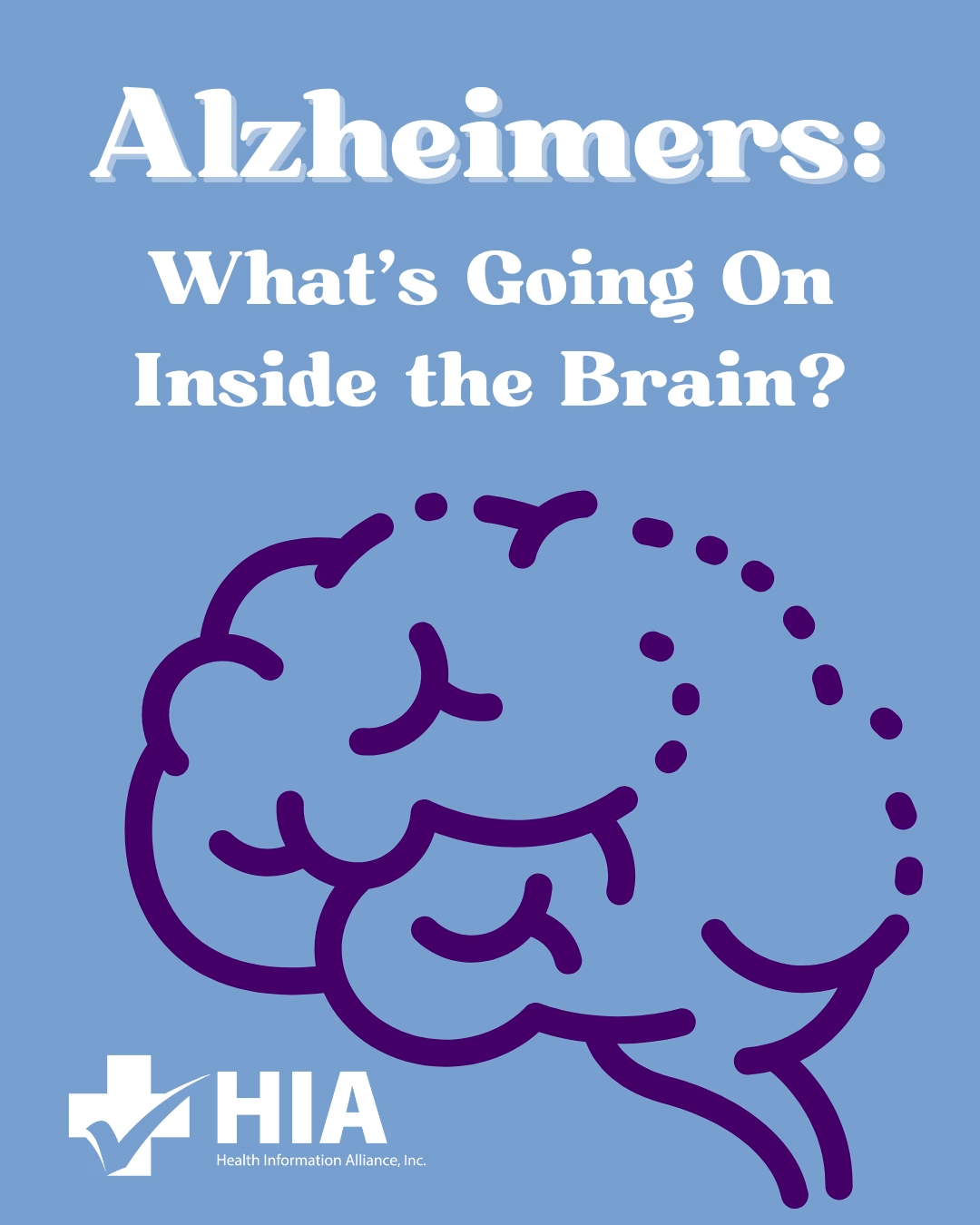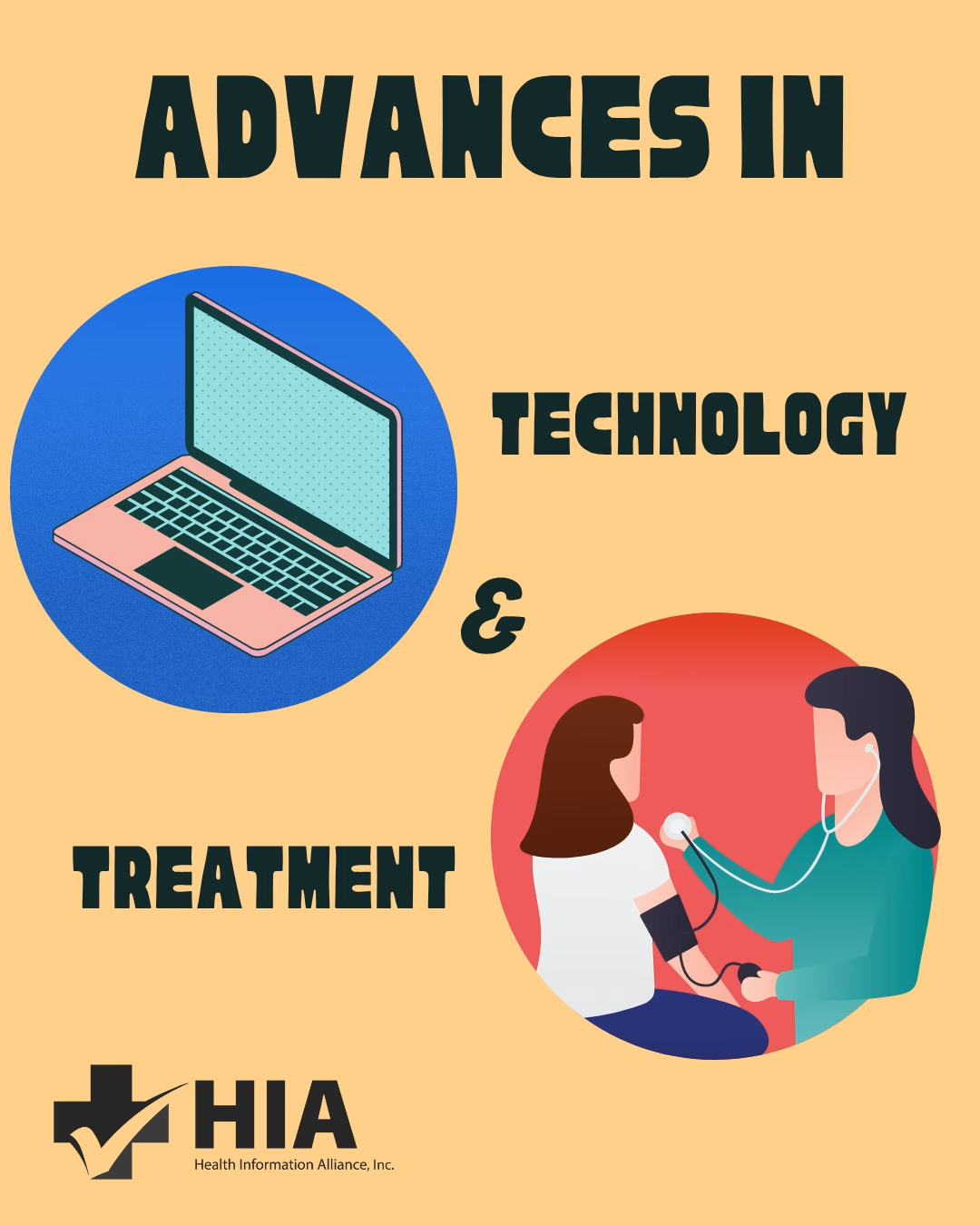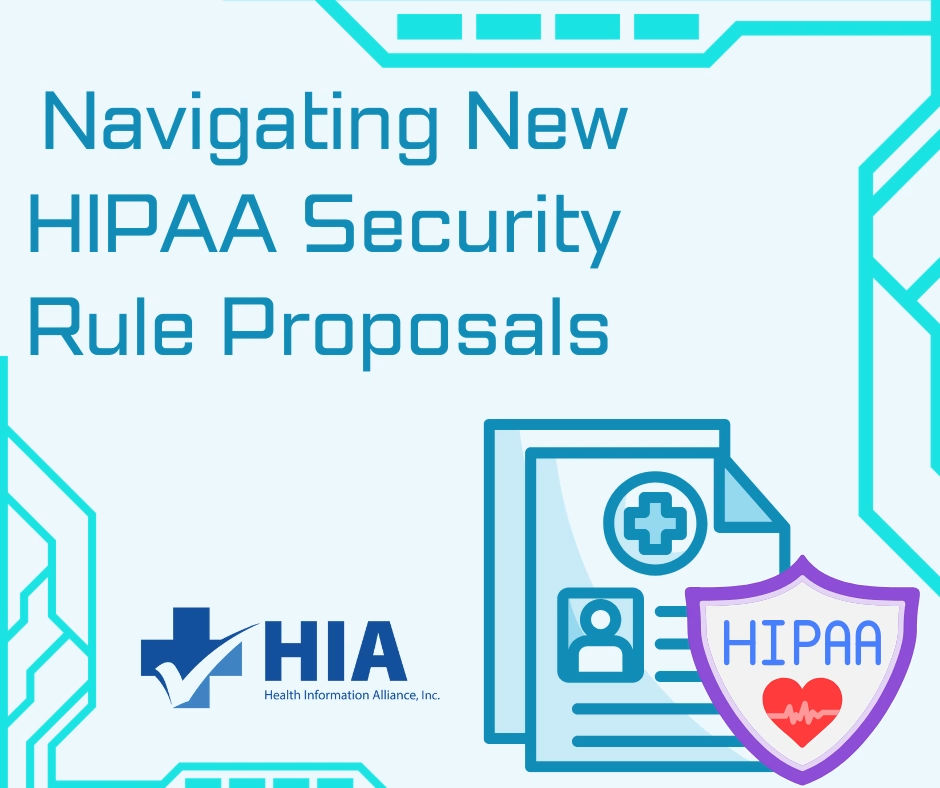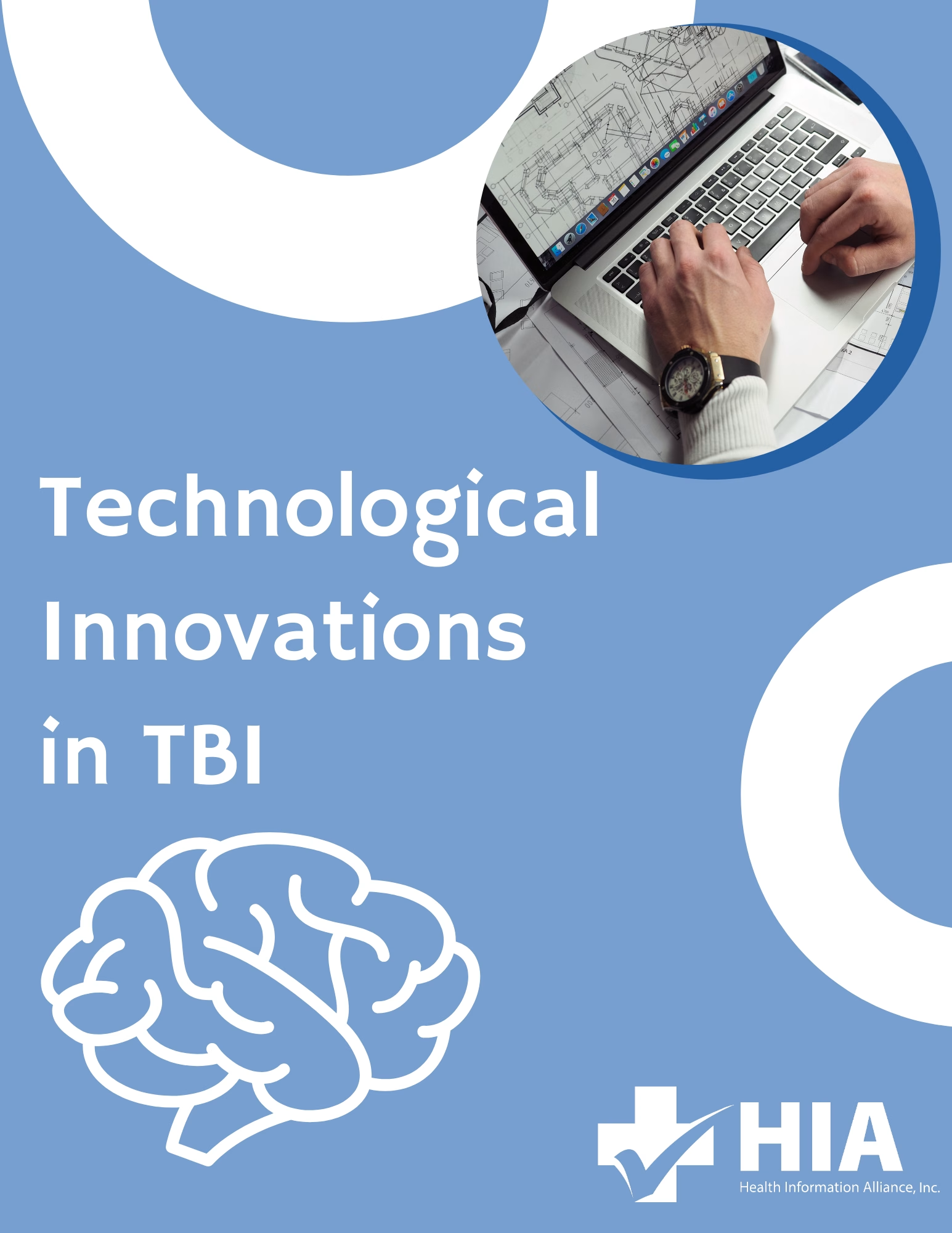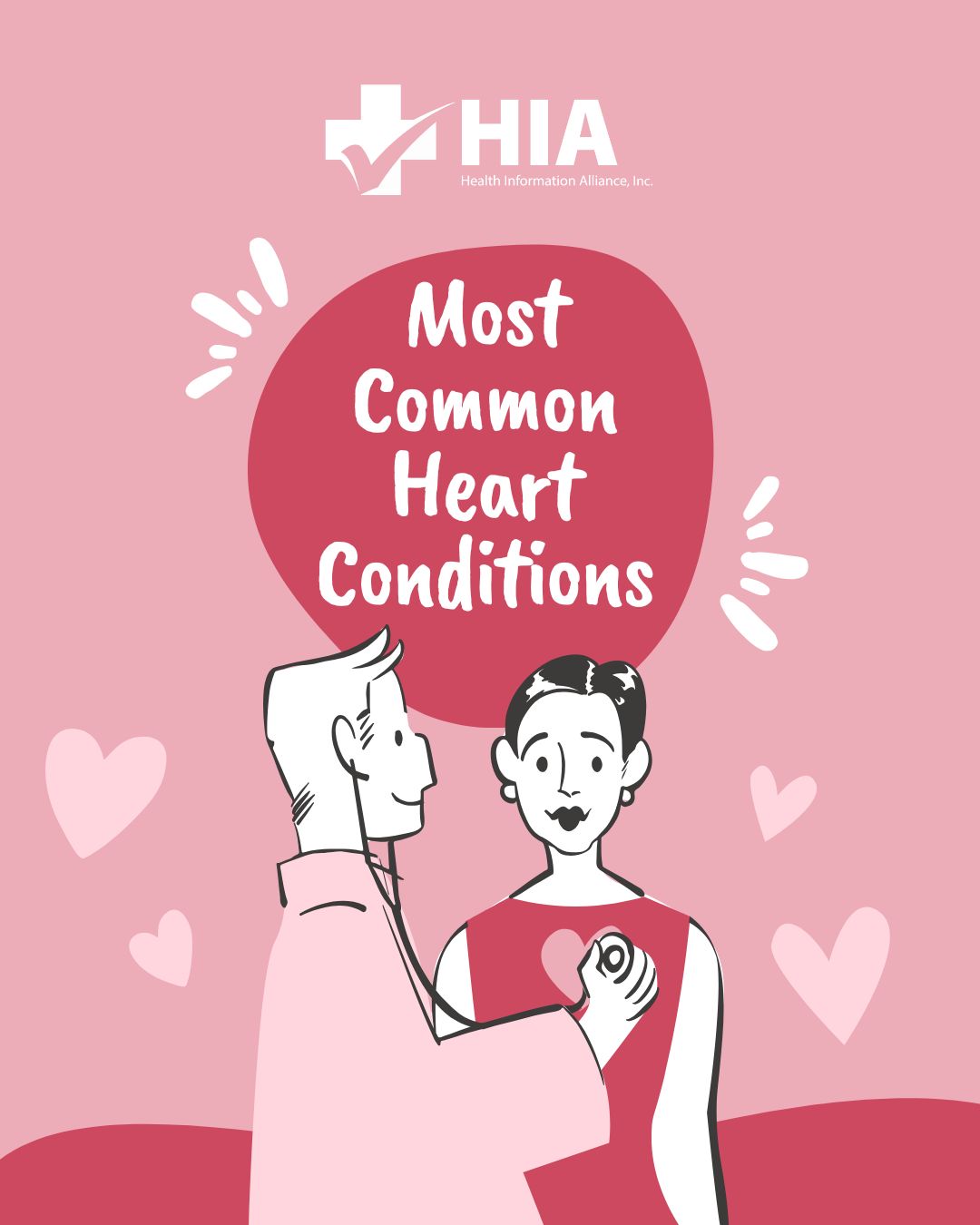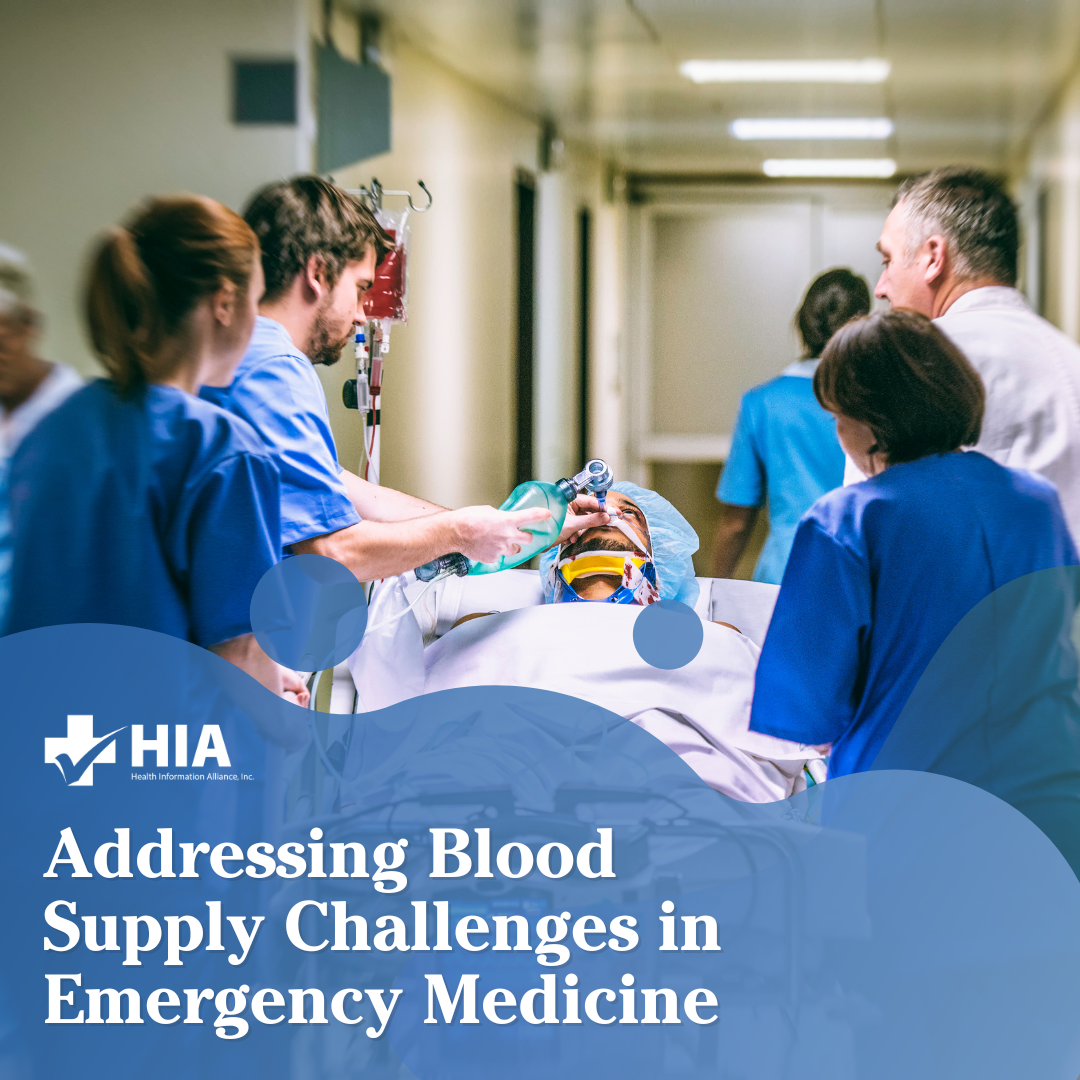Knowing stroke warning signs and symptoms can help save yours or someone’s life
With recognition of Stroke Awareness Month this May, it’s important to not only recognize traditional risk factors, but also other impairments that contribute to stroke. One of those impairments is related to sleep disorders. Stroke survivors diagnosed with obstructive sleep apnea have a twofold increase of risk of subsequent occurrences for stroke or even death. This missed association of sleep apnea and stroke is due to “the lack of awareness” among stroke providers, as mentioned by a published review in the American Heart Association journal Stroke. It is imperative for stroke survivors and providers to discuss sleep patterns in future visits to help improve recovery, remedy any occurring problems, and minimize the risk of future stroke attacks.
Stroke can happen not only to the older population, but at any age. The risk factors for younger age, includes high blood pressure, high cholesterol, obesity, and diabetes. Ask your family doctor how to improve and maintain healthy lifestyle habits.
Knowing stroke warning signs and symptoms can help save yours or someone’s life. Common signs include numbness of the face, weakness of half the body, difficulties with speech and understanding, confusion, trouble seeing, and/or trouble walking.
B.E. F.A.S.T. and call 9-1-1 right away! An ambulance with medical personnel can begin lifesaving treatment on the way to the emergency room

